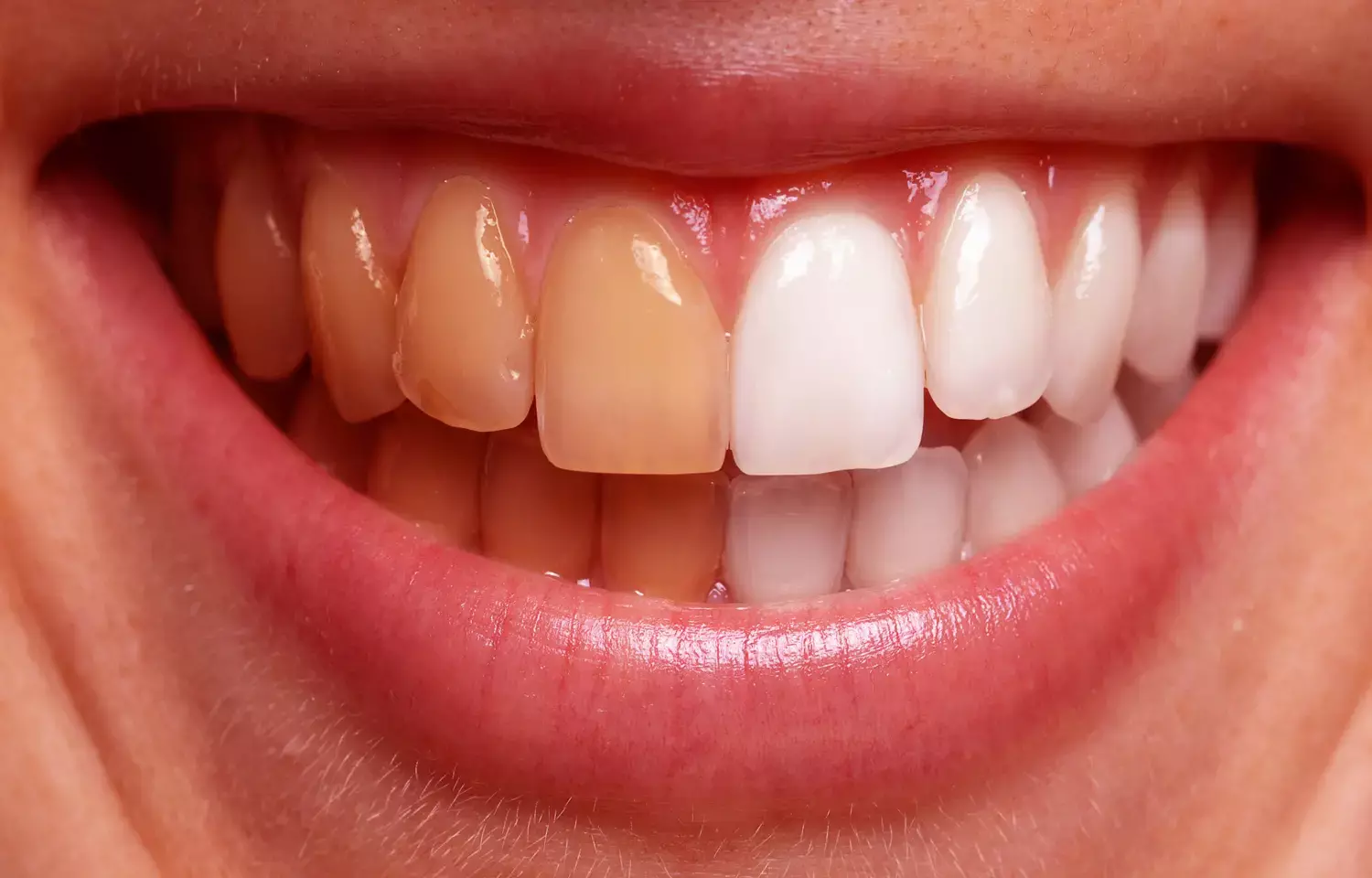- Home
- Medical news & Guidelines
- Anesthesiology
- Cardiology and CTVS
- Critical Care
- Dentistry
- Dermatology
- Diabetes and Endocrinology
- ENT
- Gastroenterology
- Medicine
- Nephrology
- Neurology
- Obstretics-Gynaecology
- Oncology
- Ophthalmology
- Orthopaedics
- Pediatrics-Neonatology
- Psychiatry
- Pulmonology
- Radiology
- Surgery
- Urology
- Laboratory Medicine
- Diet
- Nursing
- Paramedical
- Physiotherapy
- Health news
- Fact Check
- Bone Health Fact Check
- Brain Health Fact Check
- Cancer Related Fact Check
- Child Care Fact Check
- Dental and oral health fact check
- Diabetes and metabolic health fact check
- Diet and Nutrition Fact Check
- Eye and ENT Care Fact Check
- Fitness fact check
- Gut health fact check
- Heart health fact check
- Kidney health fact check
- Medical education fact check
- Men's health fact check
- Respiratory fact check
- Skin and hair care fact check
- Vaccine and Immunization fact check
- Women's health fact check
- AYUSH
- State News
- Andaman and Nicobar Islands
- Andhra Pradesh
- Arunachal Pradesh
- Assam
- Bihar
- Chandigarh
- Chattisgarh
- Dadra and Nagar Haveli
- Daman and Diu
- Delhi
- Goa
- Gujarat
- Haryana
- Himachal Pradesh
- Jammu & Kashmir
- Jharkhand
- Karnataka
- Kerala
- Ladakh
- Lakshadweep
- Madhya Pradesh
- Maharashtra
- Manipur
- Meghalaya
- Mizoram
- Nagaland
- Odisha
- Puducherry
- Punjab
- Rajasthan
- Sikkim
- Tamil Nadu
- Telangana
- Tripura
- Uttar Pradesh
- Uttrakhand
- West Bengal
- Medical Education
- Industry
MI Paste reduces sensitivity associated with bleaching, Study reveals

According to a recent research published in the International Journal of Dentistry, investigators have proven that MI Paste® can be a simple and cost-effective treatment modality for at-home bleaching-related sensitivity.
MI Paste®is a desensitizing agent approved by the FDA for treating tooth hypersensitivity. (e active ingredient in MI Paste® is the milk-derived casein phosphopeptideamorphous calcium phosphate (CPP-ACP).
In contrast to the available literature on in-office bleaching-related sensitivity, only one clinical trial has reported CPP-ACP (MI Paste®) effectiveness in reducing athome bleaching-related sensitivity. Hence, Shaista Rashid and Mohamed ElSalhy from the A. T. Still University-Missouri School of Dentistry & Oral Health, St. Louis, Missouri, USA carried this study to evaluate the effectiveness of MI Paste® in reducing sensitivity associated with vital tooth bleaching.
This randomized controlled split-mouth clinical trial included 45 subjects that were randomly divided into two groups. In Group 1, the maxillary arch was the control arch (only bleaching), while the mandibular arch was the intervention arch (bleaching and MI Paste®). In Group 2, the mandibular arch was the control arch (only bleaching), while the maxillary arch was the intervention arch (bleaching and MI Paste®).
Subjects started with the control arch and then switched to the intervention arch after two weeks. Subjects were instructed to use MI Paste® in a custom tray for 5 minutes, wait for 1 hour, and then bleach overnight using a different tray.
Sensitivity was measured using both a thermal sensitivity test and a daily log of sensitivity for 14 days. Shade was evaluated using a colorimeter and a shade guide.
The results revealed that –
- Immediately after treatment, the thermal test sensitivity scores for the arches bleached without MI Paste® were greater than those with MI Paste® (p= 0.011).
- Arches not receiving the MI Paste® treatment showed significantly higher VAS sensitivity scores during the 14-day period of bleaching (p = 0.002). (e mean score for the 14-day period was 37.9 for the arches not treated with MI Paste® versus 27.5 for the treated arches.
- Both the intervention group and the control group showed significantly lighter shade relative to baseline (p < 0.001) with no significant difference between them (p= 0.42).
Therefore, the authors concluded that "MI Paste® significantly reduced the sensitivity associated with bleaching and did not interfere with shade change."
Dr. Nandita Mohan is a practicing pediatric dentist with more than 5 years of clinical work experience. Along with this, she is equally interested in keeping herself up to date about the latest developments in the field of medicine and dentistry which is the driving force for her to be in association with Medical Dialogues. She also has her name attached with many publications; both national and international. She has pursued her BDS from Rajiv Gandhi University of Health Sciences, Bangalore and later went to enter her dream specialty (MDS) in the Department of Pedodontics and Preventive Dentistry from Pt. B.D. Sharma University of Health Sciences. Through all the years of experience, her core interest in learning something new has never stopped. She can be contacted at editorial@medicaldialogues.in. Contact no. 011-43720751
Dr Kamal Kant Kohli-MBBS, DTCD- a chest specialist with more than 30 years of practice and a flair for writing clinical articles, Dr Kamal Kant Kohli joined Medical Dialogues as a Chief Editor of Medical News. Besides writing articles, as an editor, he proofreads and verifies all the medical content published on Medical Dialogues including those coming from journals, studies,medical conferences,guidelines etc. Email: drkohli@medicaldialogues.in. Contact no. 011-43720751


